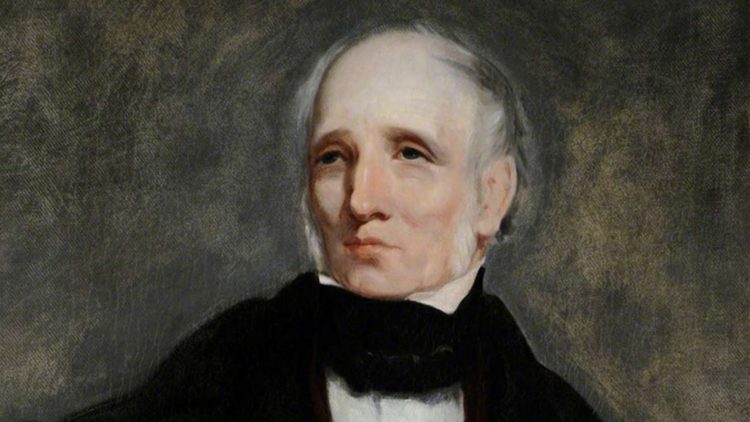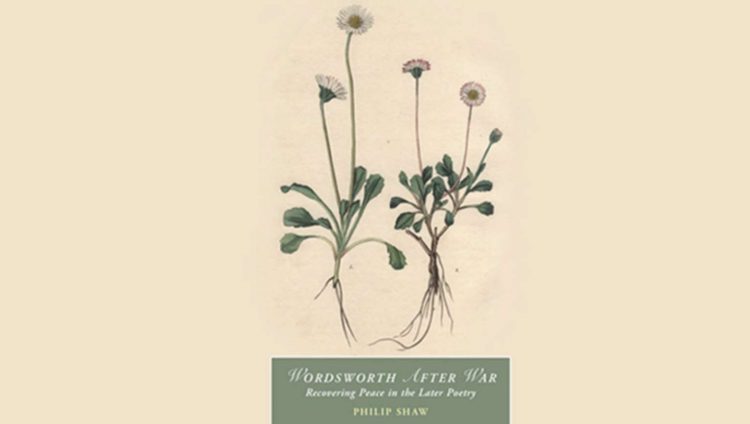A recent book published by a University of Leicester academic sheds new light on the later workings of Romantic poet, William Wordsworth.
Wordsworth After War: Recovering Peace in the Later Poetry, written by Professor Phillip Shaw, looks into the impact that the Revolutionary and Napoleonic Wars had on Wordsworth’s later writing.

William Wordsworth is one of the founders of English Romanticism and one of the most celebrated poets in the world. Typically, Wordsworth is noted for his earlier works that focussed on the human relationship to nature.
It is well-documented that Wordsworth’s political thinking was heavily influenced by French revolutionaries, attending sessions of the National Assembly and the Jacobin Club whilst visiting the country in November 1791.
However, this book analyses the lesser-appreciated later work of Wordsworth between 1814 and 1822 when the poet sought to modify, refute, and sometimes sustain his early engagement with issues as both a writer and political thinker.

In his later life, Wordsworth’s political leanings evolved from radical republican to conservative following Napoleon’s rise to power in France and its impact on the rest of Europe. By 1808, Wordsworth’s worldview became more nationalist and patriotic and his focus shifted to blaming the ills of society on individuals rather than social institutions.
Philip Shaw, Professor of Romantic Studies at University of Leicester said: “The book is an attempt to tell a story about what happened to William Wordsworth and his poetry during and after the Revolutionary and Napoleonic Wars. It is often taken for granted that Wordsworth wrote during a period of national and international conflict that lasted from 1789 to 1815.
“So whilst Wordsworth is best known as a nature poet, this emphasis tends to distract from what was for him a very significant interest, which is conflict both internationally with the French Revolution and Napoleonic Wars but also internally in terms of dissent within Britain.
“The other aspects of the book look at Wordsworth’s ongoing interest in what war is, what peace is, and how you go about thinking about peace and representing peace and war. Also, what do you do with the poetry that Wordsworth wrote later in his career, which most people disregard?”
Wordsworth After War: Recovering Peace in the Later Poetry is available for purchase now from Cambridge University Press.






